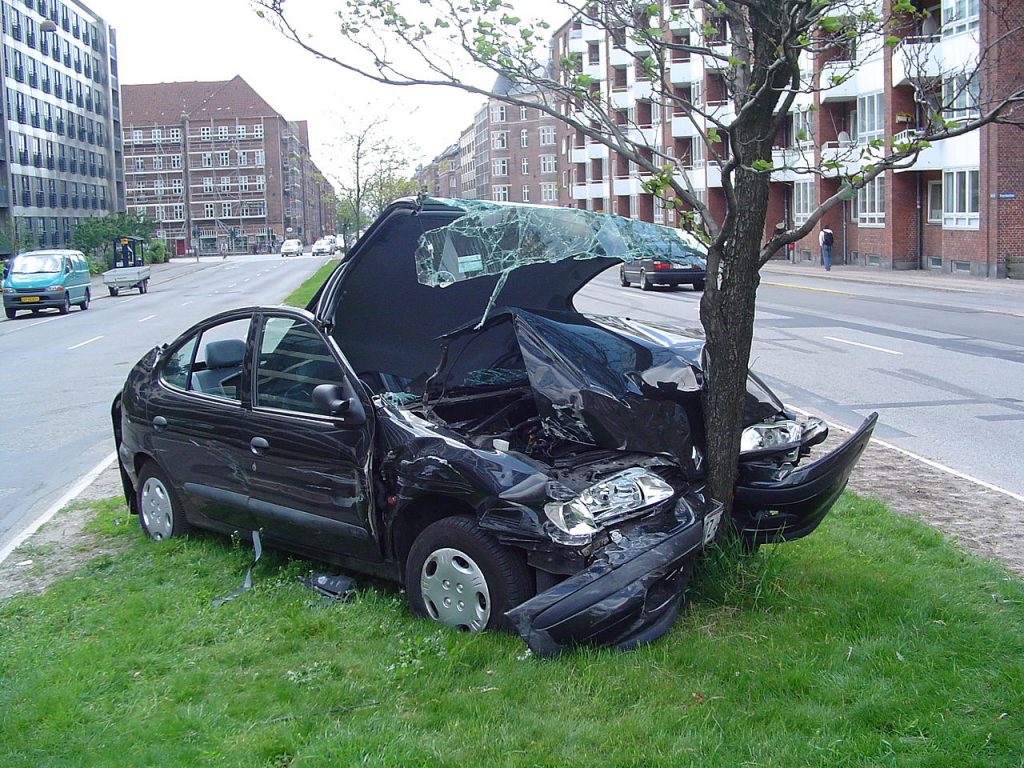Is D Insurance a Good Idea?
The pros and cons of Duggan’s plan to create affordable auto insurance in Detroit.

Stephen Henderson talks with Jake Neher, legislative reporter for the Michigan Public Radio Network, Butch Hollowell Corporation Counsel for the city of Detroit, Conrad Mallett, Chief Administration Officer of Detroit Medical Center, and Brian Banks, State Representative from Detroit, about the pros and cons of D Insurance. D Insurance is Mayor Mike Duggan’s plan to reduce auto insurance costs in Detroit by switching away from no-fault insurance and decreasing medical coverage.
- Stuck in legislation: Neher says that he has not seen much activity regarding this bill in the past few months because other issues, such as roads, have taken priority. He says House Democrats have taken a rare caucus position against it, including representatives from Detroit.
- Personal injury costs: Stephen asks about the argument that high auto insurance costs in Detroit are “pure redlining”. Hollowell says that Personal Injury Protection (PIP) claims account for the differences in price, and that “you don’t see pink busses in West Bloomfield” advertising personal injury lawyers. He says reducing medical coverage will help address this problem, and will bring down insurance costs. Mallett says that if fraud is the problem, DMC will contribute toward fraud protection, but disagrees that PIP is why rates are so high.
- What determines cost?: A caller asks why insurance companies consider credit scores in auto insurance prices. He says that because of his credit score, he pays more for insurance than a friend with a bad driving history. Banks says that no one is holding the insurance industry accountable, and that factors like income, credit, and zip code should not affect auto insurance costs.
- Quality medical care: Mallett says he is concerned with providing high quality, low cost medical care. He says the proposed caps on PIP costs are much too low, given that the average hospital stay after a car accident is seven days. He says the reason medical services are different prices for car-related injuries is because they are commercial sector, and that hospitals have traditionally relied on a combination of public and private income to stay afloat.
- Second-class policy?: Banks calls D Insurance a “second class watered down policy”, and says Detroiters should not have to compromise on coverage. He says people he has heard from want the same benefits and prices as all of the surrounding suburbs.
Click the audio link above to hear the full conversation.
